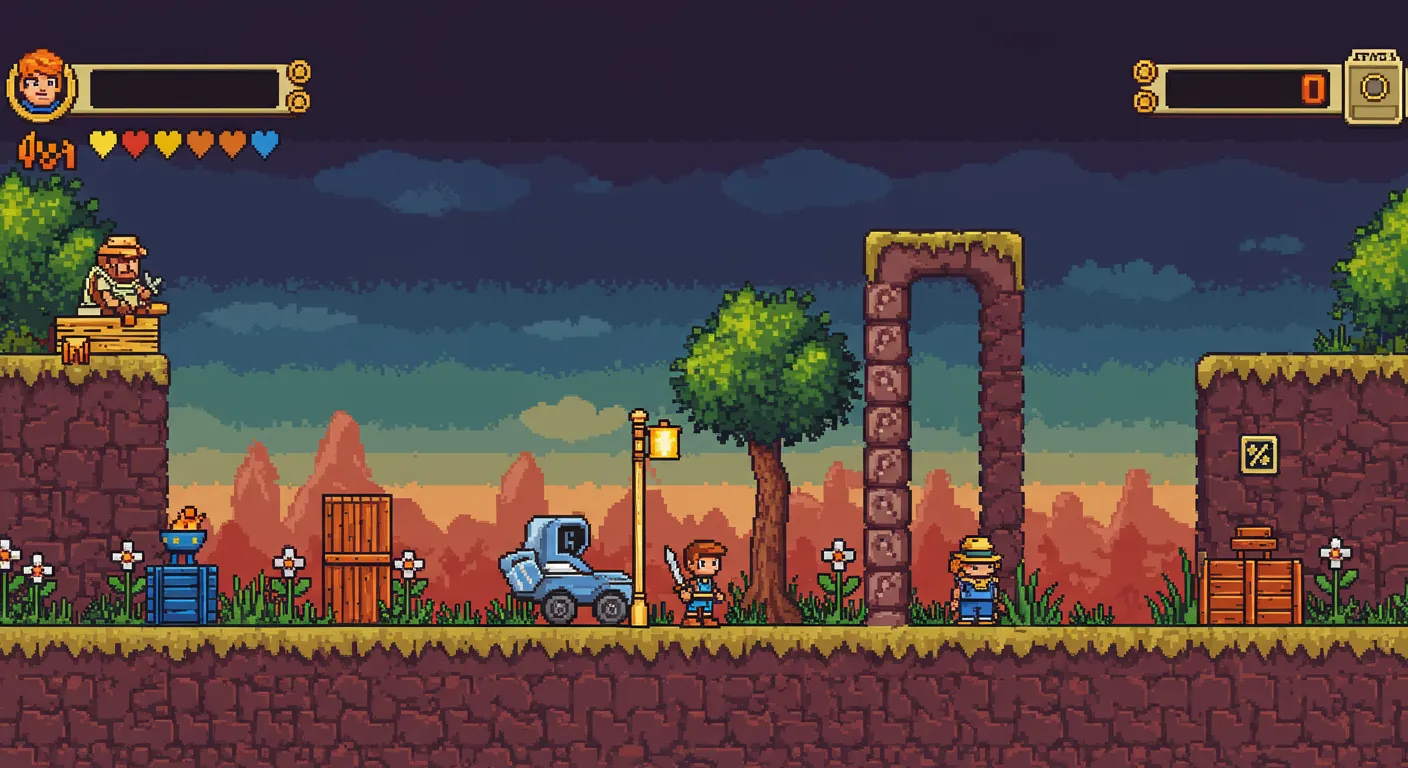Online commentators have been waxing nostalgic about Windows 2000, painting it as the peak of Microsoft's operating system design. The discussions reveal a deep longing for an era when operating systems were simple, stable, and focused on user needs rather than corporate metrics.
The love for Windows 2000 stems from its groundbreaking stability and clean user interface. Unlike modern Windows versions loaded with ads, telemetry, and forced updates, this OS was a lean, powerful platform that just worked. Developers and power users particularly appreciated its robust multi-user capabilities and minimal bloat.
The conversation highlights a broader frustration with modern operating systems. Each subsequent Windows release seems to have added complexity without meaningful improvement. From intrusive update mechanisms to cluttered interfaces, the current Windows experience feels like a step backward for many tech-savvy users.
Linux emerges as a potential alternative for those disillusioned with Microsoft's direction. With improving desktop experiences and tools like Steam's Proton making gaming more accessible, many commentators see a potential exodus from Windows in the coming years.
Ultimately, Windows 2000 represents more than just an operating system - it's a symbol of a time when technological innovation prioritized user experience over corporate interests. Its legacy continues to haunt Microsoft's current product strategy, serving as a constant reminder of what could have been.


